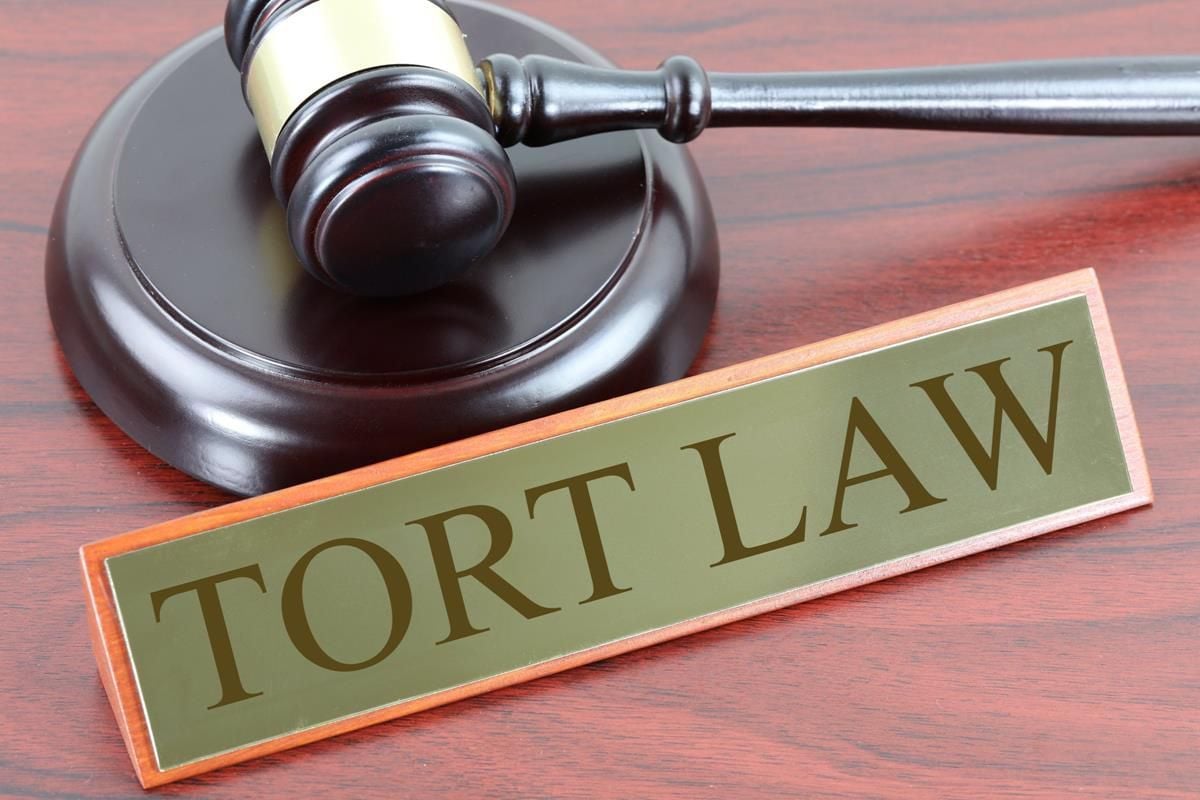
What are the types of injuries covered by tort law include?
Tort law is a vital part of civil litigation that deals with personal injuries and damages caused by someone else’s negligence. These injuries can seriously affect a victim’s physical, mental, and financial well-being.
In this blog post, we will delve into the area of tort law, the types of injuries it covers, and how victims can seek justice and recompense for their losses. To protect your rights and secure sufficient damages, consult an experienced personal injury lawyer.
What is a Tort Case?
A tort is a violation or breach of a right that results in civil legal liability. It might happen due to carelessness or a failure to respond responsibly. In some circumstances, even if an actor is cautious, they are strictly accountable for any damages caused.
Tort law governs whether a person is legally responsible for the harm and how much damages the injured party is entitled to. The injured party seeks compensation from the defendant for damages caused in tort lawsuits, generally through the assistance of an injury lawyer.
A tort case must have a breach of duty, causation, and injury, with the violation of duty causing the injury.
Exploring the Types of Covered Injuries
-
Physical Injuries
Physical injuries are the most common injury covered by tort law. These injuries result from accidents, intentional acts, or negligence and contain a wide range of prospects, including but not limited to:
- Car Accidents: Injuries sustained in car accidents due to another driver’s negligence are covered by tort law. These injuries include broken bones, whiplash, and traumatic brain injuries.
- Slip and Fall Injuries: Property owners must maintain safe premises for visitors. When someone slips, trips, or falls due to dangerous conditions, such as wet floors, loose cables, or rough surfaces, the injured party may have a valid claim under tort law.
- Medical Malpractice: Healthcare experts are expected to provide a standard level of care. The injured patient can pursue a medical malpractice claim when they breach this duty, leading to injuries or worsened medical conditions.
- Product Liability: Faulty products that cause harm to consumers can lead to product liability claims. These injuries can arise from faulty design, manufacturing defects, or insufficient warnings.

2. Emotional and Psychological Injuries
Tort law also identifies emotional and psychological injuries as valid claims. While these injuries are not physically visual, they can be just as devastating to the victim’s well-being. Some examples include:
- Intentional Infliction of Emotional Distress occurs when someone intentionally engages in outrageous conduct that causes severe emotional distress to another person.
- Negligent Infliction of Emotional Distress: In some cases, a plaintiff may recover damages for emotional distress resulting from the defendant’s negligent actions, even without any physical injury.
3. Defamation
Defamation involves false statements that harm someone’s reputation. It can be in the form of slander (spoken) or libel (written or printed). Victims of defamation can seek damages under tort law if they can prove that the false statements caused them harm.
4. Economic and Financial Losses
Tort law also covers economic and financial losses resulting from the criminal actions of others. Some examples include:
- Loss of Income: If the injury leads to the victim’s inability to work and earn a living, they may be entitled to a settlement for lost wages.
- Property Damage: If someone’s actions hurt another person’s property, the victim may have a valid claim for property damage.
Benefits of Tort Law
Tort law, a vital part of civil justice, provides several benefits that encourage accountability, protection, and compensation for those who suffer harm as a result of the conduct of others.
- Accountability: Holds criminals responsible for their actions, promoting responsible behavior.
- Compensation: Allows victims to seek financial redress for losses due to negligence or harm.
- Deterrence: Encourages caution and prevents future mischief through legal matters.
- Social Justice: Ensures fairness and equal treatment for all, regardless of social status.
- Consumer Protection: Safeguards consumers from faulty products and promotes product safety.
- Safety Standards: Promotes businesses to implement safer practices and environments.
- Efficient Resolution: Offers negotiation and mediation for quicker dispute solutions.
- Ethical Conduct: Fosters a culture of responsible and ethical behavior.
Tort law is essential in upholding justice and safeguarding individuals from injury, making it a necessary component of the legal system.
Tort law is critical in ensuring that injured people receive the justice and compensation they deserve for the harm caused by the unlawful actions of others. Tort law covers a wide range of damage, including bodily injuries, mental distress, defamation, and economic losses.
If you have experienced such injuries due to a car accident or any other incident, seeking the guidance of a qualified car accident attorney is vital to protect your rights and navigate the complexities of the legal system.
Remember, consulting with a skilled lawyer empowers you as an individual and contributes to building a safer and more accountable society for everyone.



